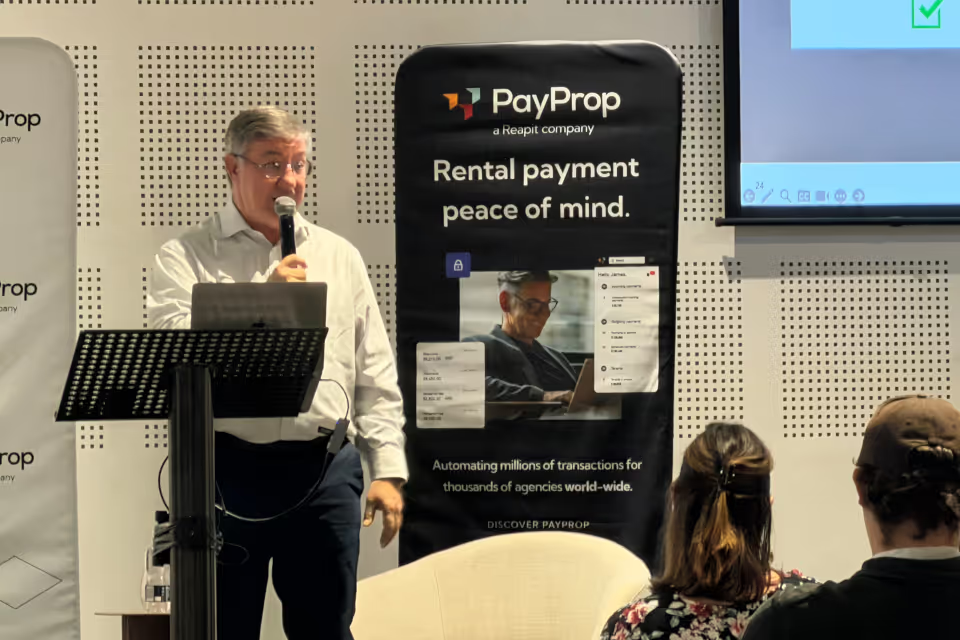Cape Town’s Property Boom: Are locals being priced out?
- Foreign cash and semigration push prices to new highs.
- Access can improve: Smarter financing, tighter STR rules, targeted taxes.
- Value still exists, if you know where to look.
Cape Town’s housing market is on a tear. In the first five months of 2025, international buyers spent over R1 billion in the city, with trophy deals like R66 million in Clifton and R52 million in Bishopscourt underscoring the heat at the upper end.
The Mother City remains South Africa’s most active market and a global luxury magnet, great for liquidity, tougher for local affordability.
What’s behind the spike
- Foreign demand: Non-resident purchases are rising, with average price points far above local buyers. A weak rand, global uncertainty and relative value vs. other coastal hubs funnel capital into the Atlantic Seaboard and Southern Peninsula.
- Governance & jobs: A consistently better-run metro, stronger services and private-sector growth attract domestic migrants and investors, sustaining demand through cycles.
- Scarcity & lifestyle: Hemmed in by mountain and ocean, supply in blue-chip suburbs is structurally limited, keeping prices elevated when demand surges.
Opening doors for local buyers
- Targeted foreign-buyer surcharge (debated): Could recycle revenue into affordable-housing pipelines, must be calibrated to avoid choking investment.
- Short-term letting (STR) discipline: Clear, enforced rules and rate classes can return stock to long-term rentals and cool speculative pressure.
- Innovative finance: Group buying, deposit-assist products and youth-buyer programmes (e.g., approvals around the R1.2 m mark) help first-timers bridge the gap.
Where value still exists
You don’t have to buy on the Atlantic Seaboard to win. Solid, liveable areas with improving amenities still trade at accessible levels and show steady demand:
- Muizenberg - Beachfront location with proximity to Southern Suburbs (ave. price R1,8 m)
- Observatory - Proximity to city centre, university and healthcare (ave price R2,1m)
- Claremont - Good retail & transport links with modern apartments (ave. price R2,8m)
- Wynberg - Historic area with village charm, greenery and good schools (ave. price R1,7m)
- Woodstock – Trendy & vibrant area for creatives and entrepreneurs (ave. Price R1,5m)
- and satellite nodes like Paarl.
These pockets offer better yield, realistic entry prices, and long-run upside as infrastructure and mixed-use projects mature.
Why Cape Town remains investable
- Outperformance: The Western Cape continues to lead national price growth and high-value transactions.
- Resilience: Even mid-market suburbs logged ±6 - 9% annual gains recently, beating inflation and supporting equity build-up.
- Enduring demand drivers: Lifestyle, governance, diverse economy, and global brand strength keep liquidity and exit values healthy.
Grant Smee, CEO of Only Realty Property Group:
“Cape Town’s surge is real, but so is the opportunity. Yes, top-end prices have run hard, yet savvy buyers can still find mispriced pockets and growth corridors if they widen their search and buy on fundamentals.”
Bottom line
Prices are punishing in the prime strip, but this market isn’t closed to locals. Use smarter finance, target value suburbs, and buy quality you can hold. Cape Town will keep rewarding disciplined investors.














.avif)

.avif)




.svg)





























.avif)
